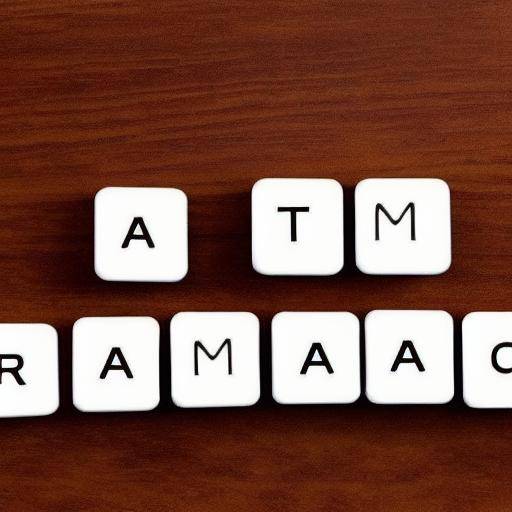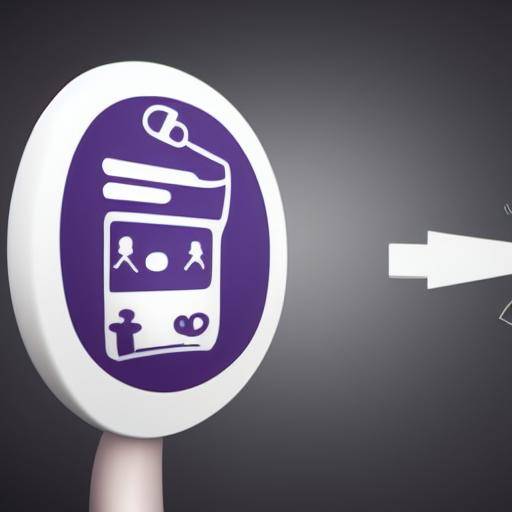
In today's society, stress has become a constant companion for many people. Working pressure, family commitments, the pace of accelerated life and the demands of modern life can overload our mind and body. Stress management is essential to preserving our mental and physical well-being, and self-evaluation plays a crucial role in this process. In this article, we will explore in detail the importance of self-evaluation in stress management, providing insights, practical advice and real examples to address this issue of vital importance.
History and background
The stress crisis and its management are not new phenomena. Throughout history, societies have tried to understand and address this complex problem. From ancient civilizations to contemporary research, emphasis has been placed on stress management. In the 1930s, the concept of stress began to form, and in the 1970s, it was consolidated as a key area of psychology and medicine.
At critical times and periods of change, people's ability to manage stress has been vital. From the first treaties on melancholy in ancient Greece to modern science-based approaches, stress management has evolved enormously over time. Self-assessment has proven to be an essential component in this process, allowing people to identify their sources of stress, evaluate their level of tolerance and develop customized strategies for their management.
Deep analysis
Self-assessment in stress management involves detailed individual analysis. With the daily hustle, it is easy to ignore the signs of stress that our body and mind send us. Self-assessment helps us to tune with these signals, allowing us to identify stress patterns and triggers. By understanding our individual reactions, we are better equipped to take preventive and corrective measures.
In addition, self-evaluation gives us the opportunity to reflect on our own domestic resources to address stress. By identifying our strengths and areas of improvement, we can develop strategies adapted to our specific needs. This self-consciousness is essential for effective management of long-term stress.
Comprehensive review
Self-assessment is not only limited to the identification of stress and personal resources triggers, but also offers us the possibility of evaluating our coping strategies. What approaches have been more effective in the past? What new techniques could we incorporate into our repertoire? These questions guide us in the constant search for stress management methods that adapt to our personal evolution.
A comprehensive self-evaluation also allows us to recognize when it is necessary to seek professional help. Sometimes individual strategies are not sufficient, and it is crucial to recognize the importance of using mental health professionals to obtain additional support. The honest self-evaluation makes us worse to make informed decisions about our mental health.
Comparative analysis
Self-evaluation is often confused with excessive self-criticism. However, it is important to emphasize that self-evaluation is a balanced and compassionate approach to oneself. It allows us to recognize our areas of strength, celebrate our achievements and, at the same time, identify areas where we need support. By integrating self-assessment into stress management, we foster emotional resilience and build a solid foundation for long-term mental well-being.
Practical advice and recommendations
How can we carry out an effective self-assessment in stress management? Here are some practical tips for this process:
- Keep a diary of significant emotions and events to identify patterns.
- Dedicates time to regulate reflection and self-assessment in a quiet environment.
- Find online tools and resources to help you in your self-assessment, such as stress questionnaires or psychological evaluations.
- Consider seeking the support of a mental health professional to obtain an external perspective and personalized guidance.
Conclusions and FAQs
Conclusions
Self-assessment is a fundamental pillar in stress management. By allowing us to understand our reactions, strengths and areas of growth, self-assessment empowers us to develop effective and sustainable strategies for stress management. By fostering self-consciousness and self-evaluation, self-evaluation contributes significantly to our mental and physical well-being.
Frequently asked questions (FAQs)
**1. What role does self-evaluation play in stress management?**Self-assessment plays a key role in enabling us to identify our reactions to stress, our personal resources and our coping strategies.
**2. Is self-evaluation only introspective?**While self-assessment involves deep self-analysis, it may also involve seeking external perspectives to achieve a balanced vision.
**3. How can I apply self-assessment in my daily life?**You can apply self-evaluation by keeping track of your emotions, reflecting on your responses to stress and seeking opportunities for personal growth.
**4. Does self-evaluation always lead us to effective solutions?**Self-assessment is a continuous process that helps us find solutions as we evolve. Although it does not guarantee instant solutions, it provides a solid basis for personal growth and effective stress management.
**5. Is it necessary to seek professional help to complement self-assessment in stress management?**In some cases, self-assessment can be complemented by the support of a mental health professional, which provides an external perspective and additional resources.
**6. Can self-evaluation cause unnecessary stress concerns?**When conducted in a balanced manner, self-assessment can help reduce unnecessary concerns by providing perspective and focus on concrete solutions.
In short, self-assessment plays a crucial role in stress management, allowing us to understand our individual reactions, identify effective strategies and promote greater mental well-being. By integrating this process into our lives, we can cultivate greater self-consciousness and emotional resilience, paving the way for a more balanced and fulfilling life.






















































